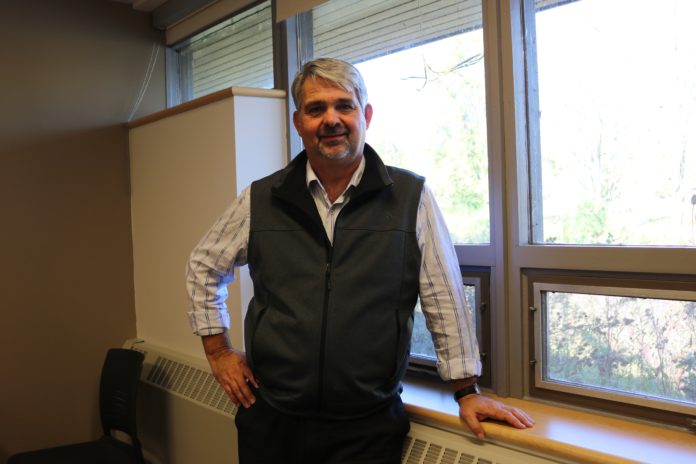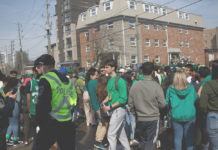With midterms underway, behind the scenes, a mental health committee is at work to provide further student support.
In response to several tragic student suicides that have occurred in the past few years at the University of Waterloo, the President’s Advisory Committee on Student Mental Health (PAC-SMH) has been gathering experts from various fields and aspects of university life.
The council includes members from undergraduate students to faculty and alumni to researchers in a relevant field, planning to cover all bases.
Their five panels including mental health experts, student services, community partners, academics, and student experience, strive to collectively achieve an approach that is proactive rather than reactive.
“We want to be a part of that conversation and look at what we can change, what we could be doing better,” said Walter Mittelstaedt, the director of PAC-SMH and the chair of Campus Wellness.
According to their latest progress report posted Oct. 13, they have been “inviting key partners from across campus to attend its bi-weekly meetings … to learn more about the front-line impact of student mental health”, and hope to garner insights from academic advisors as well.
The Mental Health Experts Panel is discussing “clinical services and mental health promotion” to augment efficiency in raising awareness towards mental health awareness to the student body.
The focus of the Student Experience Panel includes investigating and acquiring information directly from student perspectives through surveys and interviews.
Additionally, they will conduct a “comparative analysis” to study student experience in other institutions.
The Student Services Panel “has employed surveys, interviews, site visits, and environmental scans”, which will hopefully inform them in terms of a common focus on mental health.
Meanwhile, the Community Partners Panel plans on increasing communication regarding mental health between the University of Waterloo and its partner projects or “community service providers” for an expansion of student assistance availability.
Finally, the Academic Panel is currently assessing the “academic load, course and program design, student rankings, and VIFs, and instructor support and training” to appropriately create beneficial changes through much review.
By January, they will have completed a report to be reviewed. Mittelstaedt estimates that students may expect to see certain plans put into action as soon as next semester.
“The report should be looked at more as a beginning rather than an end … hopefully it will shine the light on some directions that we would like to move forward with in the long term.”































